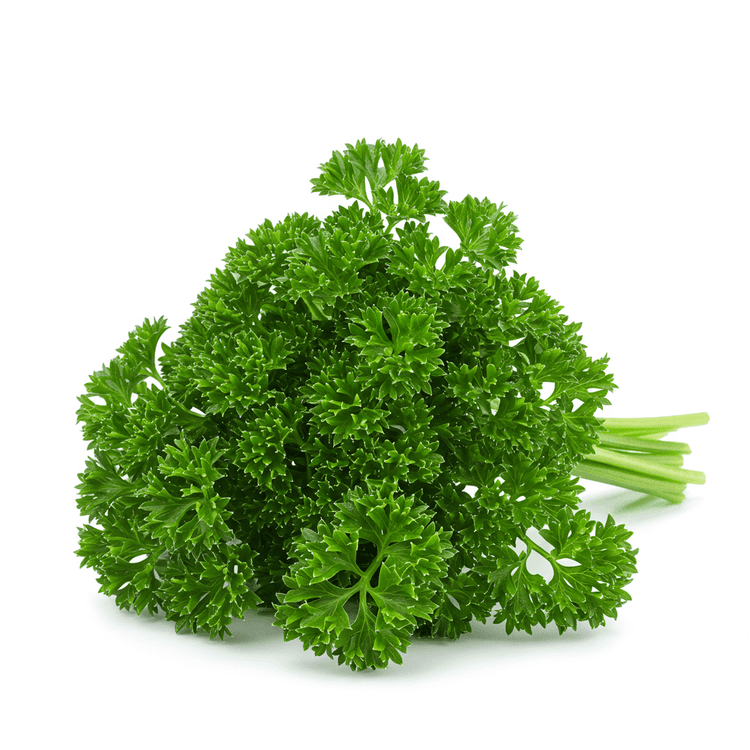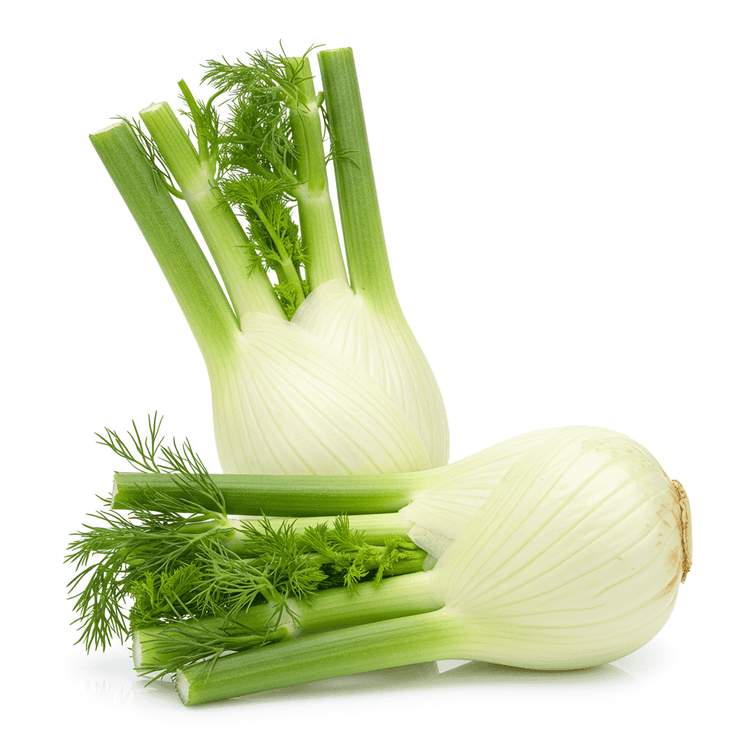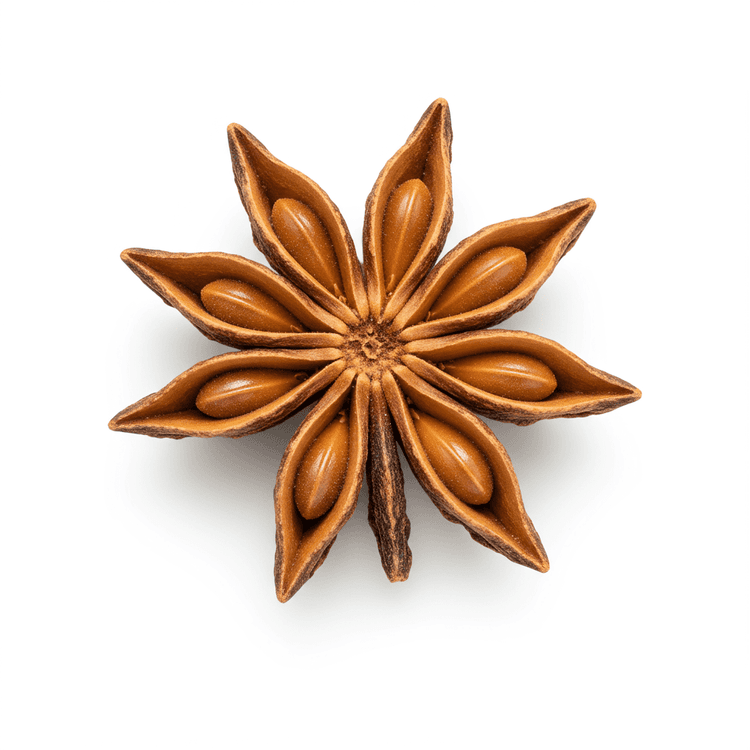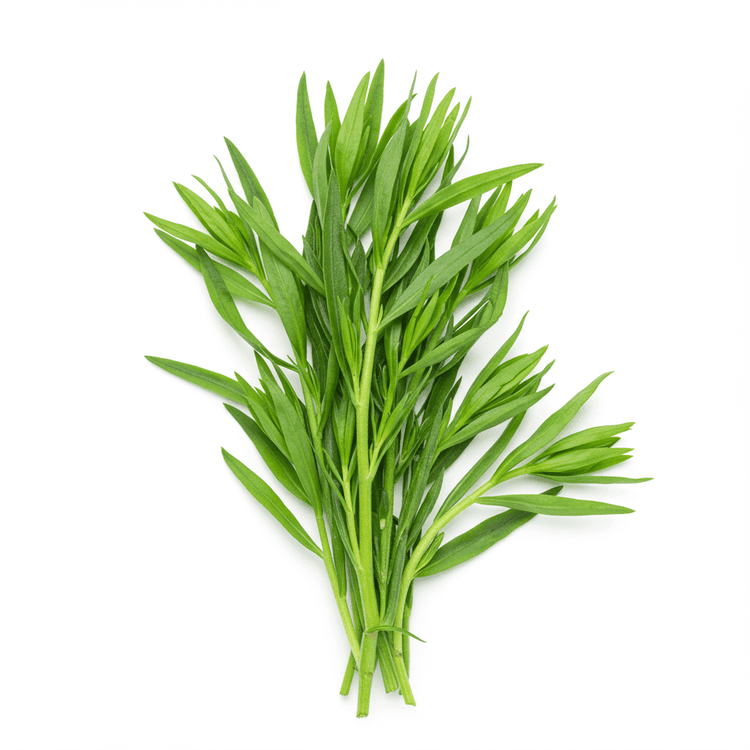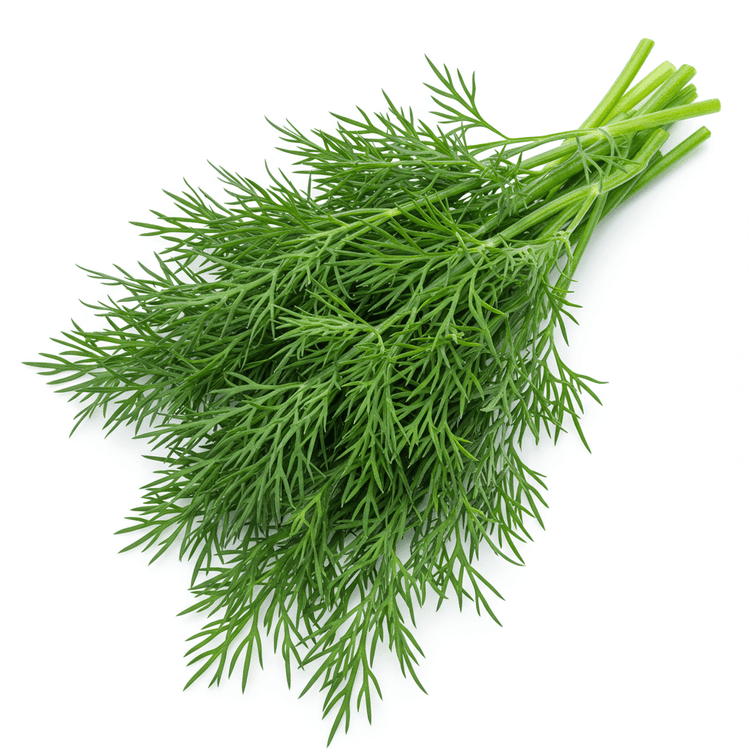
Dill Leaf
Dill leaf, also known simply as dill, is a feathery green herb with a delicate, slightly tangy flavor reminiscent of anise or licorice. Its light green leaves are wispy and delicate in appearance, making it a visually appealing garnish. Fresh dill offers a bright, herbaceous aroma and adds a refreshing taste to a variety of dishes. When searching for the best fresh herbs for cooking, dill is a fantastic choice for enhancing both flavor and presentation.
Common Uses
- Dill leaves are commonly used as a fresh herb to season fish dishes, adding a bright, slightly tangy counterpoint to richer seafood flavors. It's especially good with salmon and white fish.
- Fresh dill makes a flavorful addition to creamy dips and sauces, like dill sauce for vegetables or sour cream and dill dip for chips and appetizers.
- You can use dill to enhance the flavor of homemade pickles and other pickled vegetables, contributing its distinct herbaceous note to the brine and adding a lovely fragrance.
- Dill leaves are often added to salads, either whole or chopped, lending a fresh, vibrant flavor and a delicate textural element to green salads, potato salads, and cucumber salads.
- Incorporate fresh dill into egg dishes such as omelets or frittatas to add an aromatic, herbal dimension that complements the richness of the eggs.
- Chopped dill is great for seasoning breads, especially rye and sourdough bread, or sprinkling on top of flatbreads.
Nutrition (per serving)
Nutrition (per serving)
Calories
4.3kcal (0.22%)
Protein
0.3g (0.7%)
Carbs
0.6g (0.23%)
Sugars
0.1g (0.16%)
Healthy Fat
0.1g
Unhealthy Fat
0.0g
% Daily Value based on a 2000 calorie diet
Nutrition (per serving)
Calories
4.3kcal (0.22%)
Protein
0.3g (0.7%)
Carbs
0.6g (0.23%)
Sugars
0.1g (0.16%)
Healthy Fat
0.1g
Unhealthy Fat
0.0g
% Daily Value based on a 2000 calorie diet
Health Benefits
- May aid digestion and relieve bloating due to its carminative properties.
- Rich in antioxidants, helping to protect cells from damage caused by free radicals.
- Contains vitamins A and C, supporting immune function and vision health.
- Provides minerals like calcium, manganese, and iron, contributing to bone health and energy levels.
- May help lower blood sugar levels due to compounds that improve insulin resistance.
- Could possess anti-inflammatory properties, potentially reducing symptoms of certain conditions.
Substitutes
Chefadora AI is here.
Experience smarter, stress-free cooking.
Storage Tips
Fresh dill is best stored in the refrigerator to maintain its flavor and prevent wilting. Wrap the dill sprigs loosely in a damp paper towel and place them in a plastic bag or airtight container. Alternatively, stand the dill sprigs upright in a glass of water, like flowers, and cover loosely with a plastic bag. Change the water every few days. Dried dill should be stored in an airtight container in a cool, dark, and dry place, away from direct sunlight or heat, to preserve its flavor and aroma. Avoid storing dried dill near the stove.
Marnirni-apinthi Building, Lot Fourteen,
North Terrace, Adelaide, South Australia, 5000
Australia
